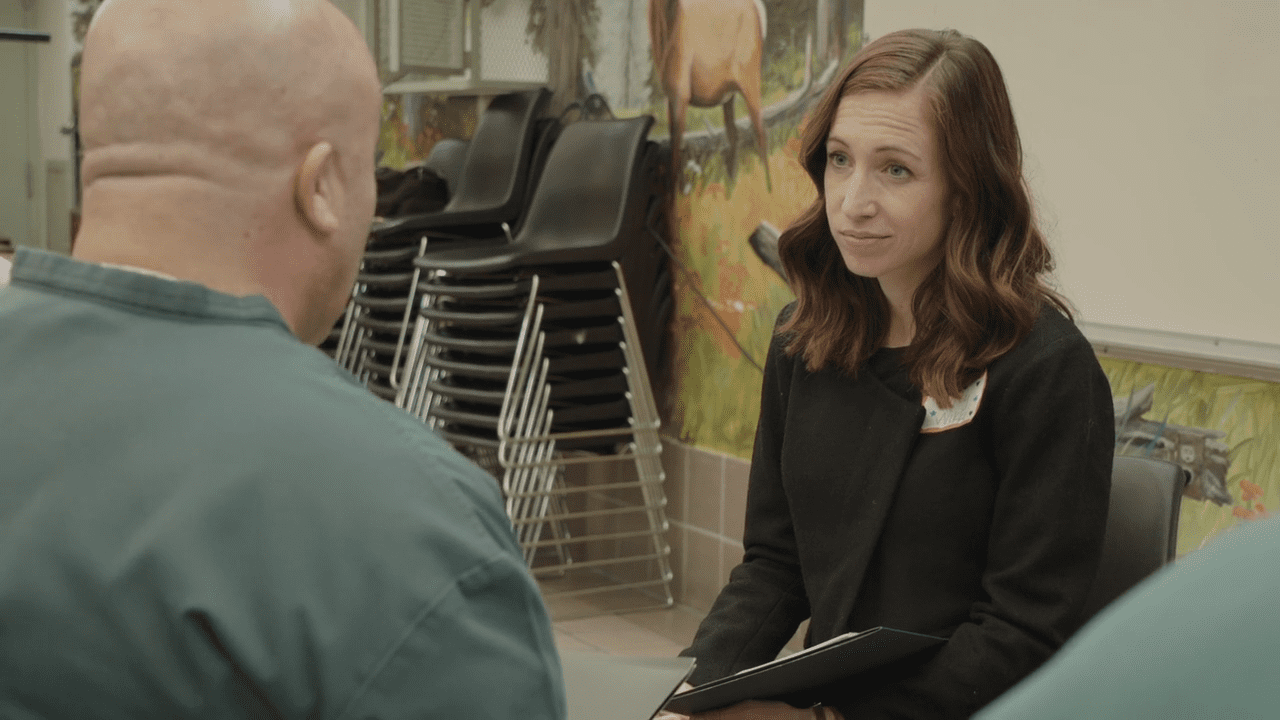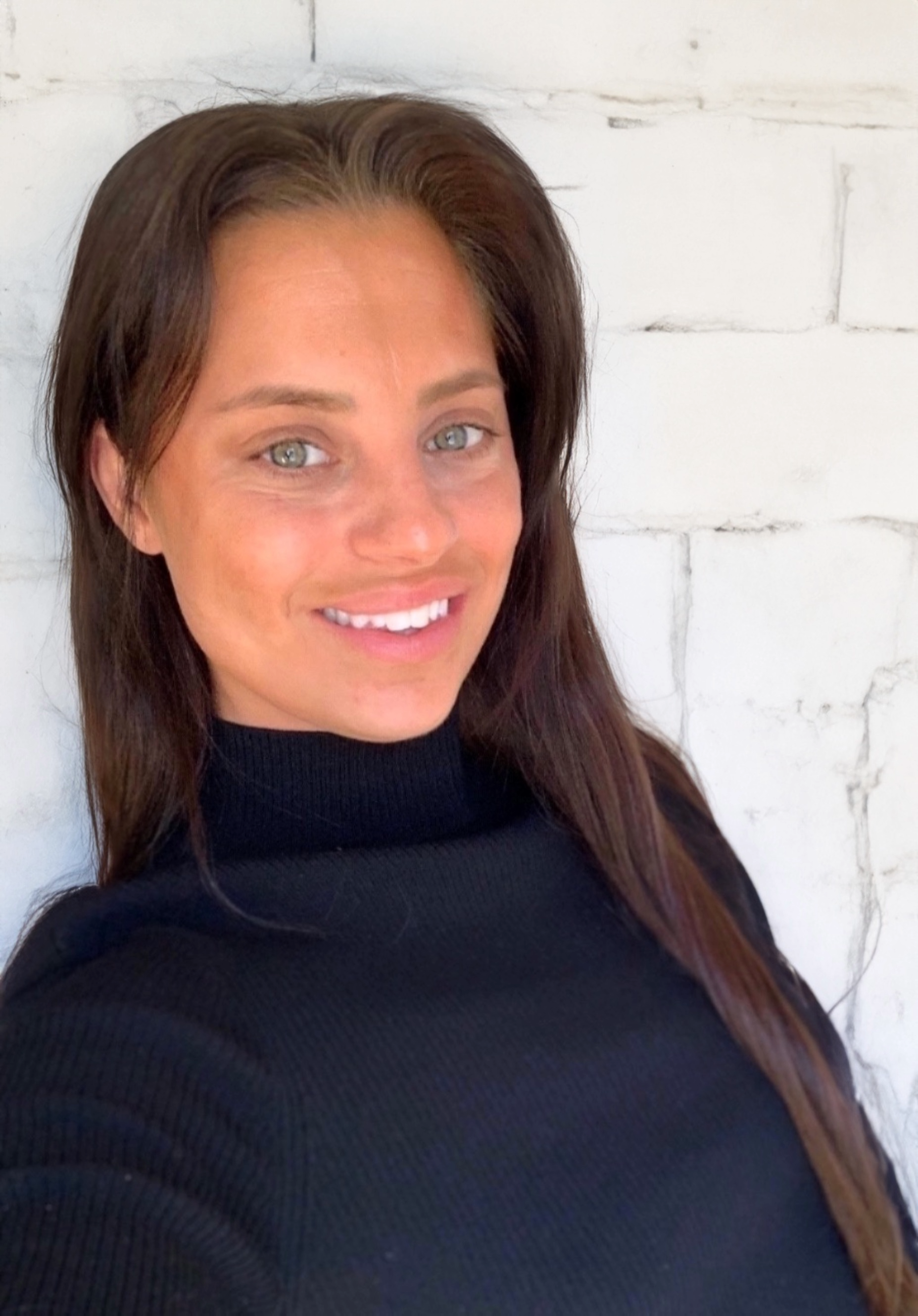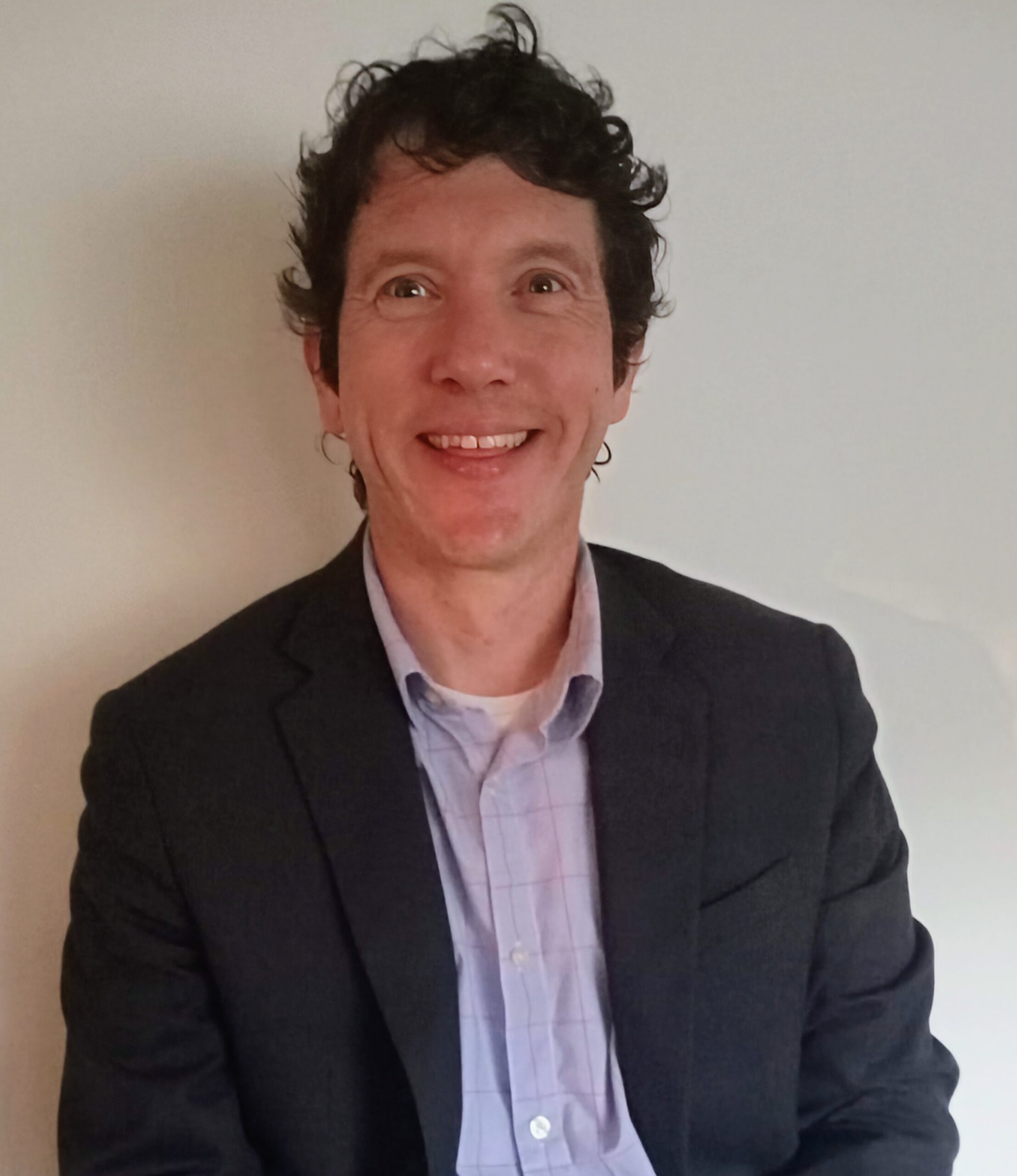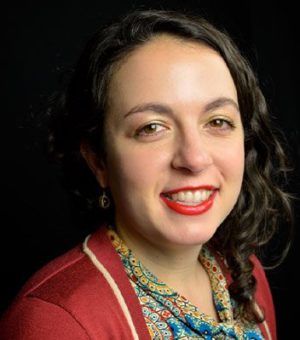Co-Occurring Substance Use
A disproportionate number of people in the criminal justice system have co-occurring mental illnesses and substance use disorders. Indeed, approximately 60 percent of people who are incarcerated meet the criteria for “drug dependence or abuse.” Further, people have a significantly higher risk of death due to overdose when released from jail or prison than the general public.
Despite these high levels of substance addiction, relatively few people who come into contact with the justice system receive appropriate treatment. JMHCP assistance can help jurisdictions ensure that treatment—including Medication-Assisted Treatment for alcohol and opioid addiction, counseling, and behavioral therapy—is delivered in correctional facilities, at reentry, and in the community. These efforts to increase treatment access can help prevent relapse, overdose, and further involvement in the criminal justice system.
Justice and Behavioral Health Strategy Lab

Selected Resources

Certified Community Behavioral Health Clinics Can Address Mental Health and Substance Use Needs Across the Criminal Justice System Intercepts
Co-Occurring Substance Use, Crisis Systems, Mental Health

Trauma-Informed Approaches Across the Sequential Intercept Model
Co-Occurring Substance Use

Improving Responses to People Who Have Co-occurring Mental Illnesses and Substance Use Disorders in Jails
Co-Occurring Substance Use, Correctional Facilities, Mental Health
Key Staff

Avery Bertocci
Policy Analyst, Behavioral Health
Avery Bertocci provides technical assistance to federal grantees and works with leaders and stakeholders to help communities address challenges at the intersection of behavioral health and criminal justice. Prior to joining the CSG Justice Center, Avery was a recovery support navigator at Spectrum Health Systems’ MA Department of Corrections Medication Assisted Treatment Program. She worked with returning citizens with substance use disorder to support their reentry, substance use treatment, connection to resources, and continued treatment. Avery previously worked as a case manager at a men’s residential reentry program in Boston and with justice-involved young men in New Zealand at an outdoor therapy-based diversion program. She earned her BA at Wheaton College (MA) and her MPA at Suffolk University.

Ethan Kelly
Senior Policy Analyst, Behavioral Health
Ethan Kelly provides technical assistance to grantees working with people who have co-occurring substance addictions and mental illnesses and are involved in the criminal justice system. Prior to joining the CSG Justice Center, Ethan was a clinical supervisor and trainer for behavioral health/criminal justice programs, managing a pretrial mental health program and providing trainings on mental health, critical incident stress management, and criminogenic risk. He earned his BSW from Southern Connecticut State University and his MSW from Fordham University.

Sarah Wurzburg
Deputy Division Director, Behavioral Health
Sarah Wurzburg oversees technical assistance focused on behavioral health, diversion, and reentry and serves as the lead for projects related to substance use, mental illnesses, and housing. She leads the work on the development of community responder programs, including a toolkit that supports sites in development of non-police responses to people in crisis. Previously, Sarah was a research analyst at the National Association of State Alcohol and Drug Abuse Directors, Inc., where she was the team lead for Youth and Women’s Services and was the primary author of research reports on youth substance use disorder treatment, driving under the influence, and Medicaid. Sarah has also worked as a juvenile court advocate and in community substance use disorder prevention. She received her BA from DePauw University in English (writing) and her MA in social services administration with a focus on policy analysis from the University of Chicago.